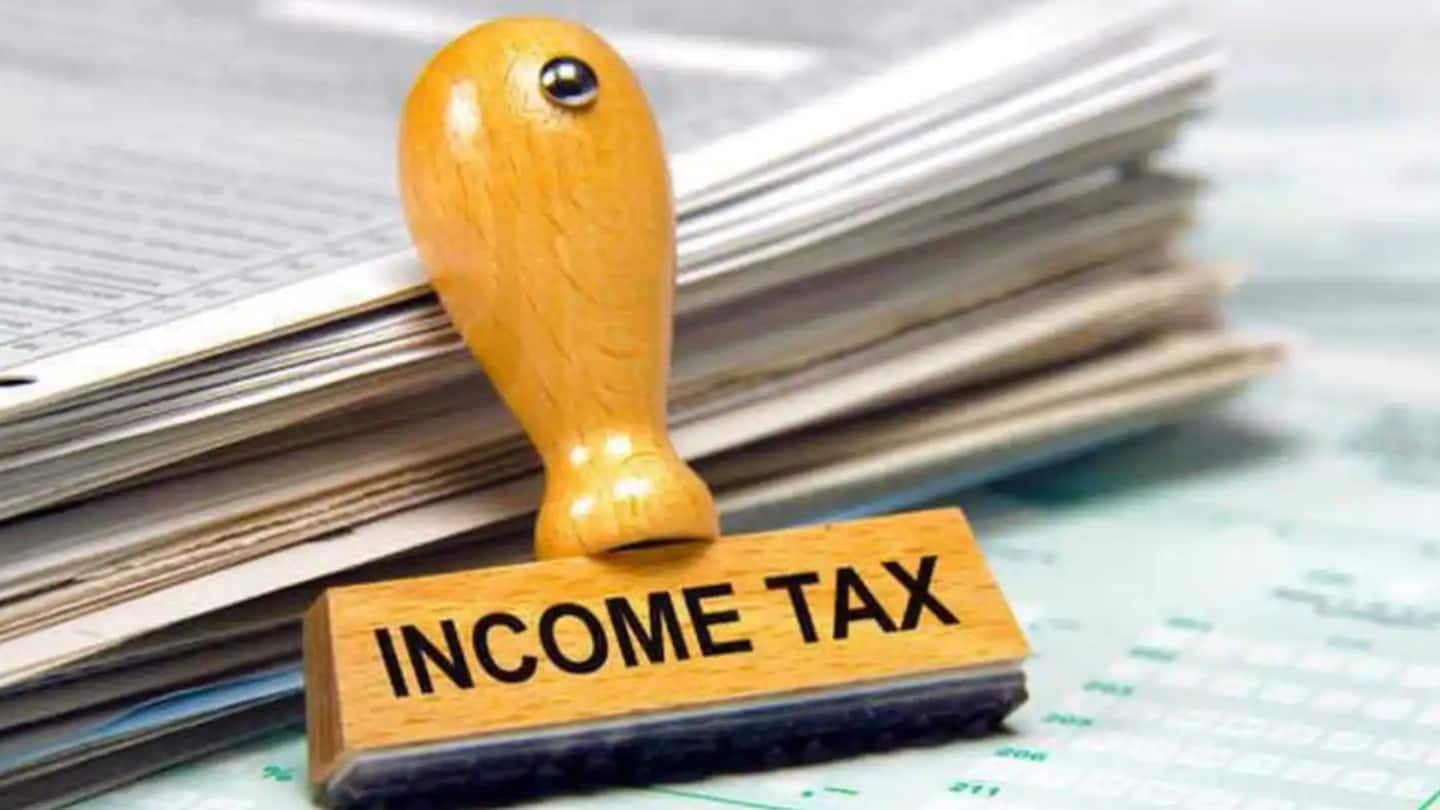
Income tax rules: 3 big changes to keep in mind
What's the story
Three significant changes in India's income tax rules came into effect on July 1, 2022.
The changes were proposed in the Union Budget 2022-23, announced by Finance Minister Nirmala Sitharaman in February this year.
They are related to cryptocurrency investments, linking of Aadhaar and PAN cards, and sales benefits received by doctors and social media influencers.
New rules
What are the changes?
The new changes increase the late fee for Aadhaar-PAN linking.
It also changes the tax deducted at source (TDS) rules for doctors and social media influencers and directs them to pay 10% on the benefits from sales and promotions.
Additionally, the changes subject cryptocurrency investments to a 1% TDS charge.
The government has also set limits on cash transactions to combat black money.
Late Fee
Changes in PAN-Aadhaar linking
The government has doubled the late fee for linking one's Aadhaar and PAN card after July 1.
Those who have failed to link their IDs will now have to pay Rs. 1,000, a Central Board of Direct Taxes (CBDT) statement said.
The CBDT previously allowed one to link Aadhaar and PAN between March 31 to June 30 with a late fee of Rs. 500.
Crypto
TDS on cryptocurrency from July 1
Citizens investing over Rs. 10,000 in crypto and other digital assets will now have to pay a 1% TDS.
A newly introduced section in the Income Tax Act, 1961, mandates a 1% TDS on crypto investments, along with the flat 30% tax on transactions.
NFT transactions over Rs. 10,000 will also attract a TDS.
However, citizens can claim TDS refunds on transactions involving losses.
Influencers
Doctors, digital influencers to pay increased TDS
A new section in the IT Act proposes a 10% TDS on benefits from sales promotions for doctors and social media influencers, applicable for benefits of more than Rs. 20,000 in a financial year.
This will be valid for non-government doctors, who receive samples from medicine manufacturers, and social media influencers receiving PR benefits such as flight tickets or free samples.
Information
Deadline for filing IT returns
Citizens can file income tax returns until July 30. The government requires every individual to pay tax if their annual income is above exemption limits. The amount of tax to be paid is analyzed through a tax-slab system and varies based on one's annual income.